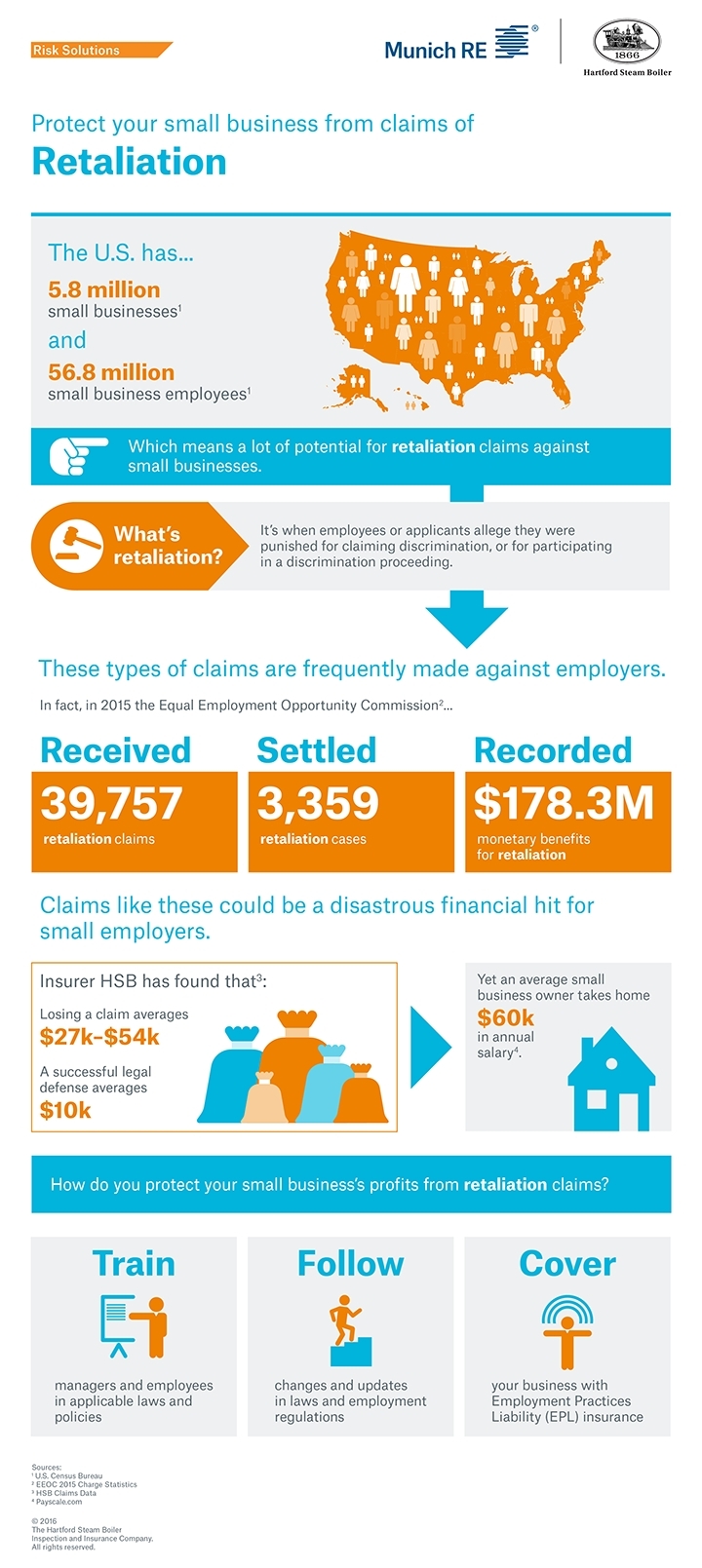Start-Ups, Small Businesses Need To Think About Legal Services
Before a small business opens its doors, its founder or founders need to make several important decisions – and many of them may require some kind of legal advice.
According to Cindy Towers, co-founder and CEO of JURISolutions, these can include decisions such as what to name your company, what form of business entity should be used, in what jurisdiction should your company organize, how your company should be managed, and what types of agreements your company will need to operate, e.g. customer/supplier/employee agreements.How much advice the small business needs and how extensive its engagement is with a law firm depends on the nature of the business and the level of associated risks to the owners and the business.
Towers gives this example: if the business is a manufacturer, it will need protection of the materials it uses throughout its supply chain. If a business provides services – say, marketing or branding -- its contracts will need to clarify what intellectual property is owned by the client, such as materials and slogans of a campaign, and what creative processes are part of the business owner’s offerings to other clients.
It also depends on the number of employees – as well as number and nature of business owners. Is the company owned jointly by partners and, if so, do they share profit and liability equally or differently depending on what financial and human resources they are contributing?
There are many law firms that specialize in small businesses, they range from small boutique firms to large firms with niche practices for small businesses. Many firms today offer competitive pricing for small businesses including flat fees and reduced hourly rates.
Here are some key decisions Towers believes a new business will need to make and in the process decide if they want to engage legal counsel for the task.
- Naming your company. You need to determine if the company name you would like to use is the same as or similar to a name that is already being used by another company. If the names are too similar, the other company can challenge your use of the name. It is, therefore, especially important to do this research early on before you have brand equity and a reputation built into your name. An IP (Intellectual Property) lawyer can help you research names and assess the risk of a potential challenge.
- What form of entity should be used? Depending on the answer, you will need documents that form and define your company. Beware of forms that you can obtain on the internet. Your formation documents need to be tailored to your company and be compliant and up to date on the law. These documents can have major implications on your future and affect your ability to do or qualify for certain things in the future. For example, they can affect your ability to sell stock in the company by limiting who can purchase shares and what type of stock (e.g. voting vs. non-voting) can be issued. They can also affect your ability to obtain certain certifications if the documents require unanimous consent that gives blocking power to someone who does not qualify for the certification you are seeking.
The various forms of entities include:
a. C-Corporation – an organization that is independent of shareholders. You pay taxes at the company level and at the shareholder level when distributions are made.
b. S-Corporation – this is similar to a C-Corporation except there is no tax at the company level; rather company income passes thru to the shareholders. S-Corporations have certain limitations that C-Corporations don’t have, such as the type of stock that can be issued.
c. A Limited Liability Corporation (LLC): Similar to an S-Corporation, there is no tax at the company level; rather company income passes thru to the owners/members. Fewer formalities need to be followed in this type of entity and there is greater flexibility in terms of governance etc.
d. Limited Partnerships: Limited partnership is a form of partnership similar to a general partnership, except only one partner is required to be a general partner and others can be limited partners. Similar to shareholders of a corporation, limited partners are not liable for partnership obligations or debts or for acts of others partners.
e. General partnership: Owners/partners have unlimited liability for debts and obligations of the business and acts of others partners.
- What Jurisdiction do you want to be organized in? This does not necessarily need to be the state where your business operates. An attorney can help guide you with this decision. You should look at the tax implications and other issues associated with each state. You will also need advice regarding how to qualify as a foreign entity in states other than the one in which are you are organized.
- Contracts. Contracts protect you in dealing with your customers, your suppliers and your employees. Again, beware of forms that you can obtain on the internet – they can contain traps for the unwary. An attorney can help you ensure that the interests of you and your business are protected.
In sum, all business owners need to review the basic legal elements of the business before they open their doors. Cost containment is critical for start-ups but the investment in legal counsel upfront can save a great deal of money and aggravation in the future. Seeking a business savvy attorney who is willing to consider alternative fee arrangements may prove to be an enormous cost saving measure in the future.
Cynthia (Cindy) Towers is co-founder and CEO of JURISolutions, an award winning legal services firm that provides attorneys, legal staff augmentation and legal search to corporations, law firms and government entities.




